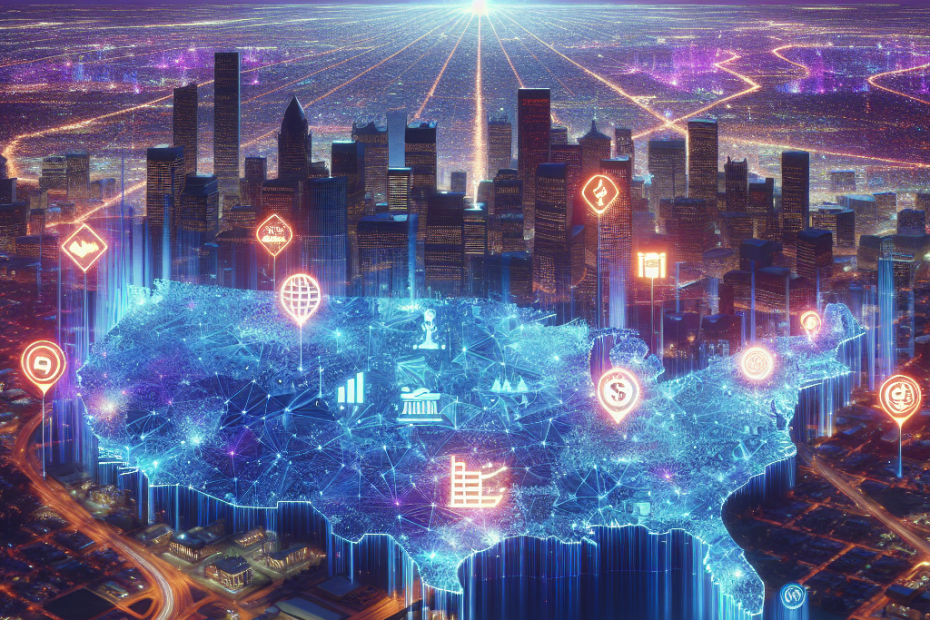ai
Artificial Intelligence (AI) has been making significant strides in various sectors and has now started to reshape the landscape of government operations. AI, at its core, involves creating machines or systems that mimic “human intelligence” – learning, problem-solving, pattern recognition, and decision-making capabilities.
AI has shown immense potential in making government services more efficient and effective, providing better public services, and helping solve complex social issues. AI and machine learning can streamline bureaucratic processes, increase transparency, and optimize resource allocation.
One of the most significant uses of AI in government is in Big Data analytics. Departments generate vast amounts of data daily. AI can help analyze this data to derive valuable insights, enabling predictive policymaking and personalized community services. Predictive algorithms can highlight future trends or potential issues before they occur, allowing for timely interventions.
Public safety and security is another sector that benefits tremendously from AI. Applications range from predictive policing, where AI is used to identify crime hotspots, to border security, where it helps in more efficient checking and verification processes. AI can also be utilized in surveillance systems to recognize suspicious behavior or objects, enhancing general safety.
The healthcare sector has also seen AI’s integration into government services. AI systems can predict disease outbreaks, optimize hospital resource allocation, and personalize healthcare services, with the potential to significantly improve public health outcomes.
Additionally, AI can be used by the government in environmental monitoring and resource management. It can analyze patterns to predict environmental changes, allowing for more sustainable and prudent resource allocation. It can also help in disaster management, from predicting natural disasters to optimizing response strategies.
Governments can also apply AI in public transport and infrastructure maintenance. AI can optimize routes, predict maintenance, and improve overall efficiency. It ensures that resources are directed where they are most needed, leading to cost savings and an overall better quality of services.
Despite the many benefits, AI’s integration into government operations also brings new challenges. Concerns about privacy, job displacement, and bias in AI algorithms are some of the most pressing issues. Governments must create robust policy frameworks and ensure ethical considerations are at the forefront when implementing AI.
In conclusion, AI has the potential to revolutionize the way government operates, delivering services more efficiently and effectively. It plays a pivotal role in creating a smarter, more connected future for citizens. Governments must continue to explore this technology, realizing its potential while ensuring ethical guidelines are in place. With a balanced approach, AI can be a powerful tool for the advancement of government services and the betterment of society as a whole. A future where AI and government work hand in hand, then, is not just possible – it’s essential. And while legislation and regulation might evolve slowly, the impact of AI on government is likely to be transformative and lasting.











